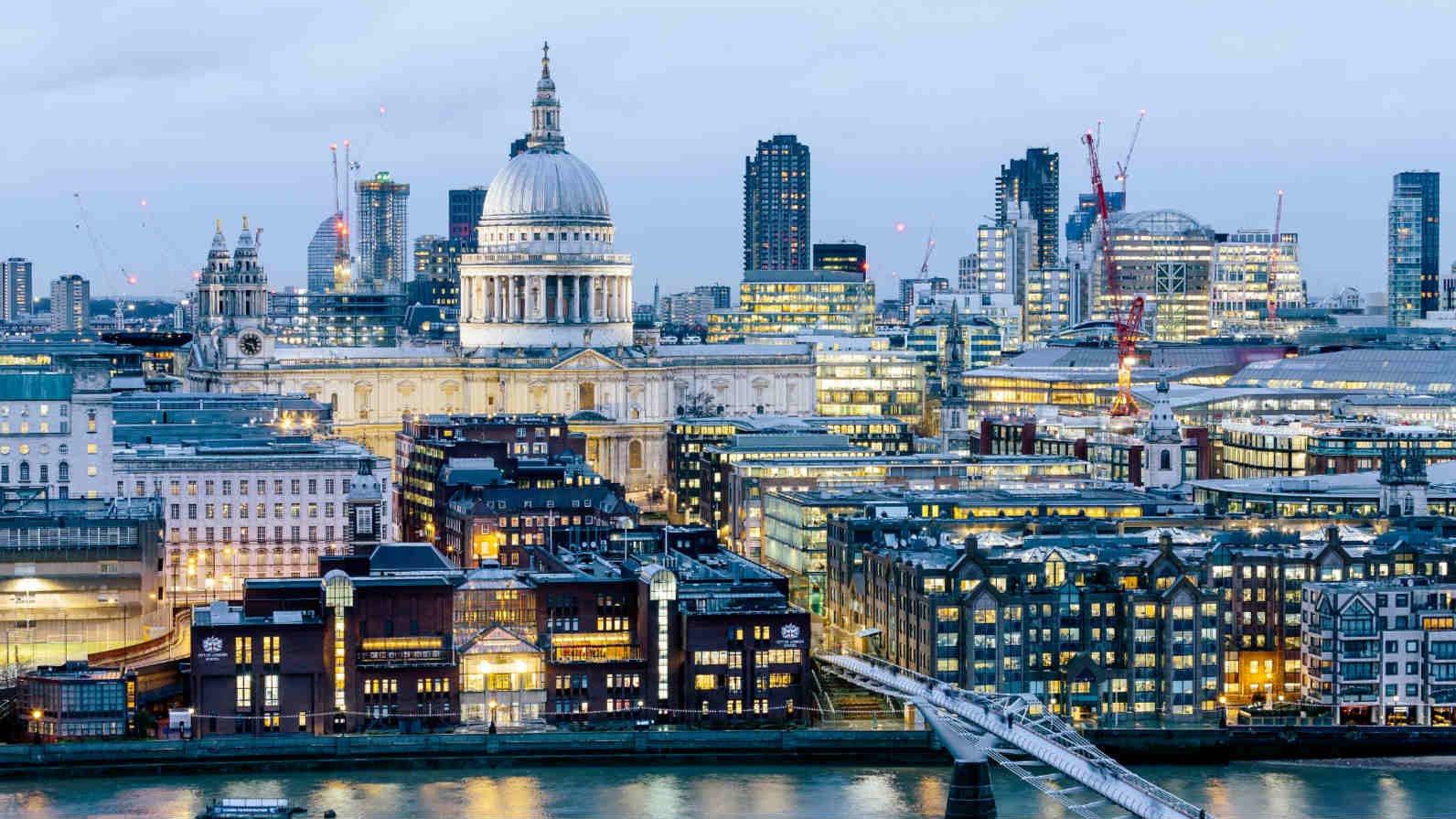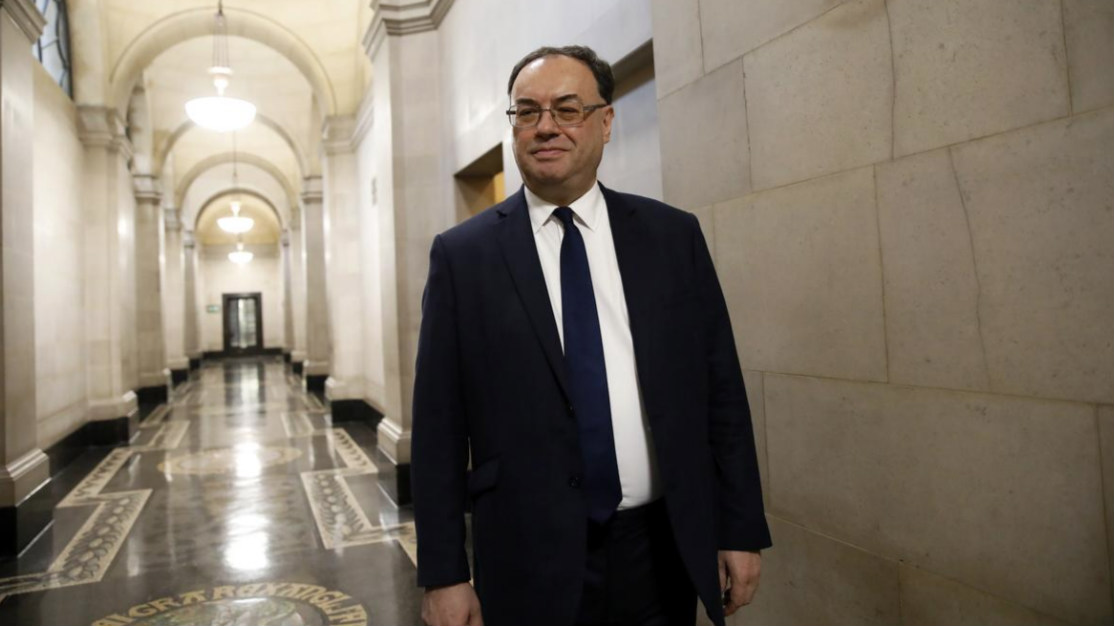Nearly half of Britain's biggest companies think it will take until the second half of 2021 before business recovers from the coronavirus pandemic, according to a survey on Monday that cast doubt on hopes for a speedier rebound.
Accountants Deloitte said 49 percent of chief financial officers from large and mostly listed companies forecast a return to pre-pandemic levels of business only in the latter half of next year.
Another 33 percent predicted a recovery in the first half of 2021 and 10 percent said business had already bounced back.

The survey chimed with other gauges of business sentiment, such as the Bank of England's Decision Makers' Panel, which show companies expect a lasting hit from the virus outbreak that has killed more than 45,000 people in the UK.
Deloitte said companies were resolutely downbeat about the outlook for jobs, investment and adding risk to their balance sheet, although less so than in its previous quarterly survey.
"Major corporates are expecting a long haul back to pre-COVID levels of revenue," said Ian Stewart, Deloitte's chief economist.
"COVID-19 overshadows all other sources of risk for UK CFOs, and by a wide margin."
Separately, manufacturing trade body Make UK on Monday called for the government to extend its job furlough scheme, due to expire at the end of October, by six months for key industrial sectors.
A Bank of England scenario published in May showed the economy regaining its pre-pandemic size by the second half of next year, but evidence for the kind of V-shaped recovery that would be needed is patchy.
"At present, the prospect of a V-shaped recovery for industry seems remote," said Stephen Phipson, Make UK chief executive.
"Therefore, if we are to mitigate the worst impact of potential job losses Government must extend the furlough scheme for key strategic sectors to provide them with vital breathing space."
The economy could shrink by more than 14 percent this year if there is lasting damage from the coronavirus, a scenario that would push government borrowing to nearly half a trillion dollars, government budget forecasters said last week.

Bank of England Governor Andrew Bailey poses for a photograph on the first day of his new role at the Central Bank in London, Britain March 16, 2020. /Reuters
Bank of England Governor Andrew Bailey poses for a photograph on the first day of his new role at the Central Bank in London, Britain March 16, 2020. /Reuters
BoE Governor Andrew Bailey said on Friday that Britain's economy was starting to recover from its coronavirus lockdown but some job-intense sectors remained weak and the longer-term outlook was unclear.
"We are seeing activity return. We are beginning to see this recovery," Bailey said during a webinar organised by the central bank.
There were signs of activity returning "quite strongly" in the housing market and in new car sales, but not in hospitality and entertainment, which employ large numbers of people, many of them on low pay, he said.
There was a "very big question" about how cautious people would be about returning to life as before the crisis and there were also risks of a second wave of COVID-19, or localized outbreaks, Bailey said.
Furthermore, the BoE did not know how much long-term damage the economy would suffer as a result of companies failing.
"We don't yet know the full story of this," he said, in response to a question about whether he shared the view of BoE Chief Economist Andy Haldane that the economy looked like it would have a swift V-shaped recovery.
Earlier this week, Britain's budget forecasters said the economy could shrink by more than 14 percent this year if there is lasting damage from the coronavirus.
The Deloitte survey of 109 chief financial officers from companies took place between June 26 and July 8.
Source(s): Reuters